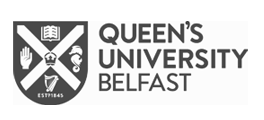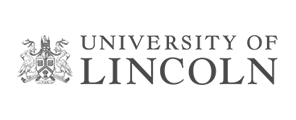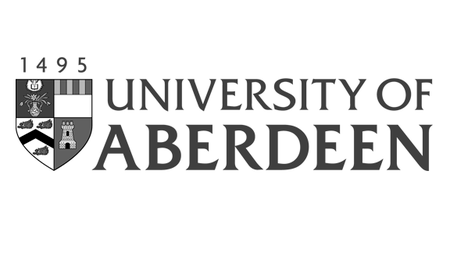Freddie Quek, Chief Technology Officer at Times Higher Education, is a Governor Apprentice at the University of Bristol.
What made you want to get involved in GAP?
Firstly, I didn’t think it was possible to have this experience – so that was the first significant moment, to think it was possible rather than impossible. Once you find an opportunity, the rest is down to a number of other factors. I am really delighted, and was delighted to join Bristol. In hindsight, I didn’t know much about the University before the interview. But I was fortunate because of my background in the sector, and they asked very general questions about the climate of the sector, what universities could do to improve, and I made the connection with the fact that no university is on its own, they need to be broader in their outlook. My having that thinking made them realise that I might help them with their own thinking too.
What have you gotten out of the experience so far?
You really get to see the inner workings of the board: I have been on the presenting side, but not on the other side of the table, asking the tough questions. I could see the rigour of the process and the responsibility that board members have. This is about the strategy and the future of the great institution that has been around for a long time.
They make some key decisions and I was late to the party so you don’t realise how much goes into decision making. I have now seen these decisions being debated, and a number of board members ask really difficult questions to make sure there is a clarity of action.
A number of board members have come to me and given me advice. They have advised that I shouldn’t think I am there to ask questions about anything and everything: think about what your area of value is, and your area of expertise. Sure enough, there was a topic that was more specific to technology and very quickly I highlighted to the Chair that this was important and we must pay attention. If there hadn’t been someone with that technology experience on the Board, they may have missed that.
What has been the most effective way to engage with the Board?
This is something I have learned over the process. Initially, I put myself in the place of a student, waiting to be fed the information, but then I shifted to act as if I was a Board Member – and asked myself what I would do in that situation. I reached out to board members and offered my help; the first time around I was waiting for people to tell me what to do, but since then I am putting myself in a different position and it has really opened doors. I have been asked to meet with a few members before the next meeting. We all attended an event that the Bristol Mayor was due to attend, and I had to leave before he arrived, but I sent him a note to say thank you for the evening, sorry we didn’t get to meet and so forth, and he invited me for lunch! I was really surprised.
My Mentor has been really helpful. He is from Oxford but has spent his whole life in Bristol, he is very passionate about it and very supportive. He is the first person I go to for advice and for help; we are arranging to meet before the next board meeting.
What have you learnt about the role?
I have definitely learnt a lot. In any meeting, if you have more than 5 people, it is difficult. But this is 20 or more, so the role of Chair is key, and the skill in getting through the agenda and making sure people don’t feel excluded is important. I have learnt so much just from observing the Chair.
From observing my peers, the majority of the board members are unpaid, they aren’t in it for the money, but are doing it because they have something to do with higher education or Bristol, and it is all about giving back, not about anything else. It helps to have a very different kind of culture and involvement in that sense; people are willing to help and have conversations with me.
What would you say to anyone who is thinking of getting involved in GAP or in governance more generally?
The first question is to ask what your motivation is – what do you want to get out of this? It isn’t money or prestige. For me, I work in the Higher Education sector for my job, and I’m involved in my spare time as a student, and I have a great interest in understanding the inner workings of the sector. I am delighted to have the opportunity to have that – and it helps me as a student, it helps me in my day job.














